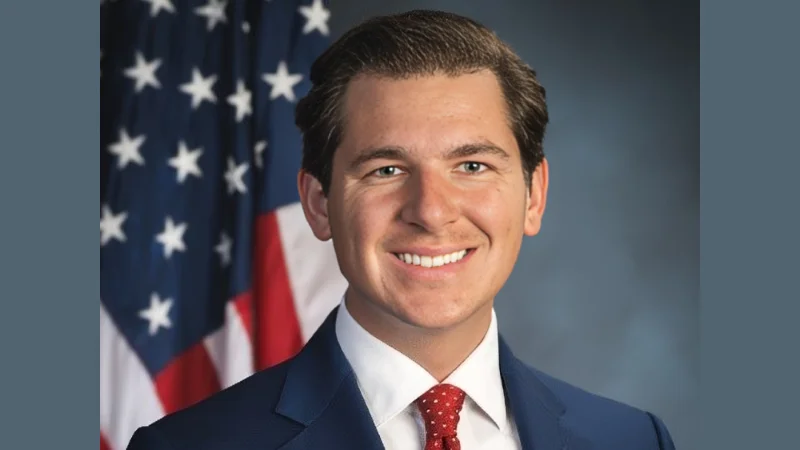U.S. Department of Housing and Urban Development (HUD) Great Plains Regional Administrator Joe Mitchell led a two-day roundtable in Kansas City, Kansas, bringing together affordable housing developers and finance leaders from the area. The event aimed to gather input on the current state of the regional housing market and to discuss ways to encourage innovation while reducing regulatory barriers that can limit access to affordable homes.
Sessions included participation from nonprofit and for-profit developers, commercial lenders, as well as state and local partners. The discussions focused on sharing best practices for supporting market-driven solutions in housing development.
“I have spent my career focused on developing workforce housing and know how complex and costly it can be to navigate the regulatory process,” said HUD Regional Administrator Joe Mitchell. “Under HUD Secretary Scott Turner’s leadership, I am committed to hearing directly from those who are on the front lines of homebuilding and ensuring we carry out our promise to streamline HUD programs so builders and developers can do what they do best - build the American Dream.”
The listening sessions follow a June announcement by HUD regarding changes at the Federal Housing Administration (FHA), which removed several policies seen as burdensome. These policy adjustments were intended to reduce red tape and lower costs associated with homeownership. The announcement coincided with National Homeownership Month.
Mitchell plans to continue his series of regional listening sessions, with an upcoming stop scheduled in Omaha, Nebraska.
During the Kansas City event, Mitchell delivered opening remarks emphasizing the importance of feedback from real estate developers about improving HUD programs for greater affordability in housing. He was joined by Deputy Regional Administrator Bruce Ladd in engaging with state and local officials at the HUD Kansas City Regional Office.
Lawrence-Douglas County Housing Authority Chief Executive Officer Shannon Oury also spoke at the session, highlighting how partnerships among landlords, local leaders, and Public Housing Agencies play a key role in serving vulnerable populations.




